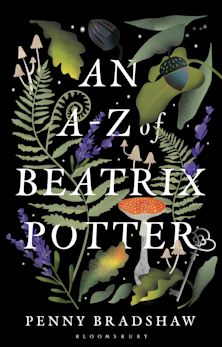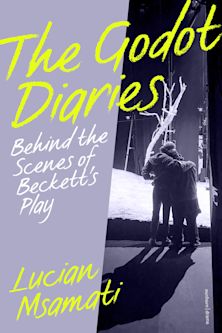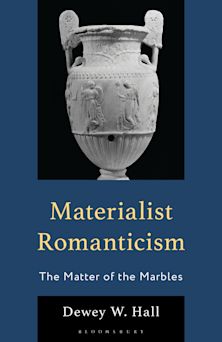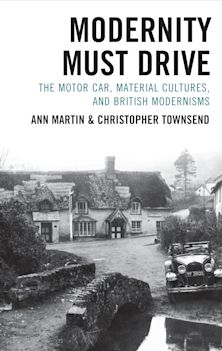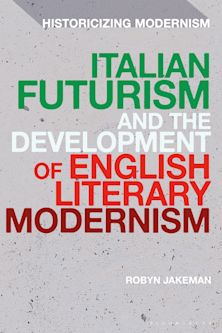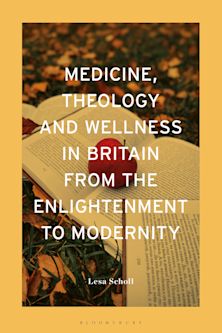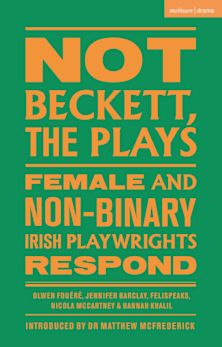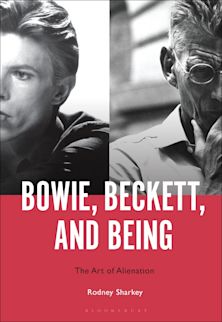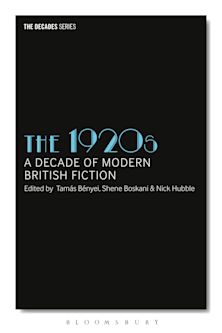- Home
- ACADEMIC
- Literary Studies
- British and Irish Literature
- In Dialogue with Godot
In Dialogue with Godot
Waiting and Other Thoughts
Ranjan Ghosh (Anthology Editor) , Graley Herren (Contributor) , Mark S. Byron (Contributor) , Mary Catanzaro (Contributor) , Tom Cousineau (Contributor) , Stephen Barker (Contributor) , Paul Sheehan (Contributor) , Art Horowitz (Contributor) , Eyal Amiran (Contributor) , Maria Margaroni (Contributor) , Wanda Balzano (Contributor)
In Dialogue with Godot
Waiting and Other Thoughts
Ranjan Ghosh (Anthology Editor) , Graley Herren (Contributor) , Mark S. Byron (Contributor) , Mary Catanzaro (Contributor) , Tom Cousineau (Contributor) , Stephen Barker (Contributor) , Paul Sheehan (Contributor) , Art Horowitz (Contributor) , Eyal Amiran (Contributor) , Maria Margaroni (Contributor) , Wanda Balzano (Contributor)
This product is usually dispatched within 3 days
- Delivery and returns info
-
Free CA delivery on orders $40 or over
You must sign in to add this item to your wishlist. Please sign in or create an account
Description
In Dialogue with Godot: Waiting and Other Thoughts, Ranjan Ghosh puts together thirteen new essays on Beckett’s most popular and widely read play, Waiting for Godot. Chapters are envisaged as dialogues with Godot, keeping in mind the event of waiting and other issues related to this Godot-Waiting phenomenon. The merit of this book lies in exploring this play from thirteen fresh perspectives introducing some important themes that have not been dealt previously. Contributors explore the play in reference to topics as varied as Hindu philosophy, Agamben, Kristeva, Derrida, the absence of women in the play, Aristotleanism in structural reading, and anti-existentialism. Essays ask, can we make claims to read this play outside the “absurd tradition?” Is it an anti-existential play? Can Beckett possibly be “Indianized?” How can the dialectic between “waiting” and “delay” be problematized? If Beckett was up to de-structure conventional modes of drama-writing, what connection could he possibly have with Aristotle and his normative modes? Can the Vladimir-Estragon relationship be critiqued psychoanalytically? Can questions of political commitment be challenged anew, resisting easy propositions to considering it a Resistance play? Can the Godot / Resistance collocation be examined through torture (the series of beatings that structures the play), through relationship (the pseudo-couple), and finally through language (the insistent coupling of violence and meaning)? In Dialogue with Godot offers a refreshingly new and varied approach to Samuel Beckett’s most popular play.
Table of Contents
Ranjan Ghosh
The Politics of Identification in Waiting for Godot
Graley Herren
“What have I said?” Vladimir’s Tragic Recognition
Mark S. Byron
Alone and Together: The Psychic Structure of the Couple in Waiting for Godot
Mary Catanzaro
Beckett contra Aristotle: A Choral Reading of Waiting for Godot
Tom Cousineau
Waiting upon each other: work and play in waiting for Godot
Ranjan Ghosh
Rien à faire: The Para-Messianics of Delay in Godot
Stephen Barker
Waiting For Nothing: Commitment, Resistance, and Godot’s Underground Ancestry
Paul Sheehan
Scrutinizing the feminine in Waiting for Godot: Vladimir and Estragon await their couples counsellor
Art Horowitz
Beckett’s Lucky Chance: Speculation in Waiting for Godot
Eyal Amiran
Samuel Beckett’s Playland: The Profane and Infantile Politics of Waiting for Godot
Maria Margaroni
‘Who is Godot?’ Beckett and Allegory
Shane Weller
Culture, Politics and Human Rights in Waiting for Godot
Wanda Balzano
Index
About the Authors
Product details
| Published | Mar 26 2015 |
|---|---|
| Format | Paperback |
| Edition | 1st |
| Extent | 236 |
| ISBN | 9781498516464 |
| Imprint | Lexington Books |
| Illustrations | 1 BW Illustration |
| Dimensions | 228 x 153 mm |
| Publisher | Bloomsbury Publishing |
About the contributors
Reviews
-
Ghosh has assembled 13 outstanding essays that review Beckett's most popular drama. The volume's contributors engage the play in meaningful contexts that have important implications for performance, production, and scholarship. Standout essays explore the political contexts of site-specific productions in Sarajevo and post-Katrina New Orleans; the affinities and contrasts of Godot to classical Greek tragedy; Beckett and allegory; and the psychodynamics of friendship and coupling. Beckett's attempt to redefine theater in postwar Europe is also explored, as are the ways in which Beckett's experiences in the French resistance suffuse this play and his other postwar writing. The essays contemplate the drama within a range of political and philosophical contexts, including issues of torture and human rights, Marxist and psychoanalytic thought, philosophical reflections on the eternal return, Aristotle's Poetics, poststructuralism, and Hindu philosophy. Taken together they shed contemporary light on this drama in ways that are suggestive for actors, directors, and scholars, and provide valuable insights into the criticism and practices of this most popular of Beckett's plays. Summing Up: Highly recommended. Upper-division undergraduates through faculty and professionals.
Choice Reviews
-
Godot’s 'Underground Ancestry,' 'Vladimir’s Tragic Recognition,' 'The Feminine' in play, motifs of 'Speculation' and 'Infantile Politics,' editor’s Ghosh’s own placing the theme of work and play within what he has called elsewhere 'the wordling of the drama'—what a rich collection of approaches to Waiting for Godot! And as someone who works in the theatre, I also find this commentary wonderfully suggestive for both actors and directors.
Sidney Homan, University of Florida
-
This varied and provocative collection of essays on Beckett's most famous play animates new and productive dialogues with an extraordinary array of thinkers. Situating the writing and performance of Godot in a range of historical contexts, the essays involve Marx, Freud, Benjamin, Hindu philosophy, Adorno, Gramsci, Brecht, Derrida, Sontag, Foucauld, Aristotle and Agamben in intertextual engagement with this profoundly though perversely allusive drama.
Robert Gordon, Goldsmith College, University of London















